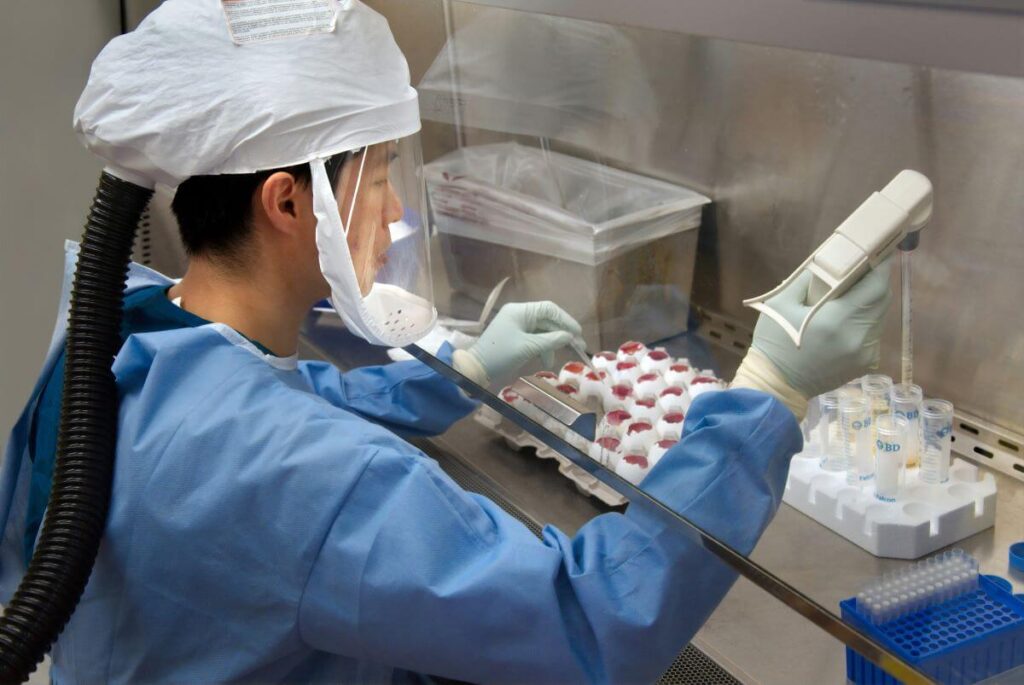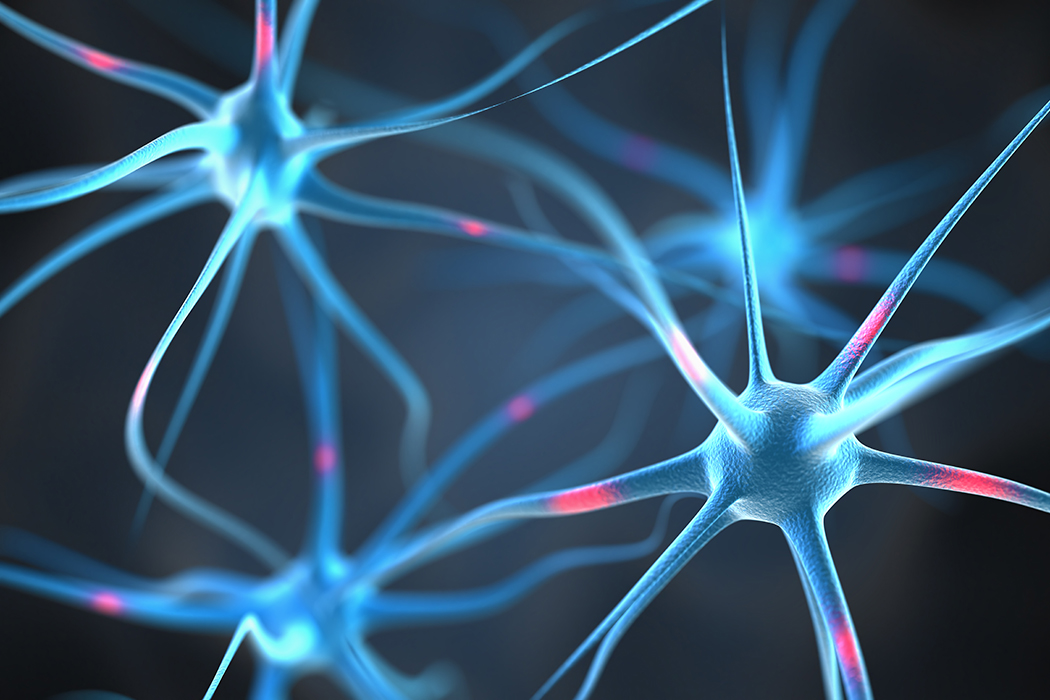Rare diseases cover a huge range of different, specific diseases and conditions. We’ve pulled together some of the most common questions on rare diseases and orphan drugs to give you a better understanding of this important topic. If you want to read even more information, try our comprehensive blog: rare diseases: everything you need to know.
Simbec-Orion is a specialist rare disease CRO, supporting pharmaceutical companies and other organisations in researching orphan drug development.
We have split this blog into sections to make it easier to navigate to the area your most interested in learning more about:
What is a rare disease?
A rare disease is a condition that affects fewer than 1 in 2000 people (UK / EU definition). The majority of rare diseases don’t have an effective treatment.
This definition can be different in different places around the world. In the US, a rare disease is classed as a condition that affects fewer than 200,000 Americans – as defined by the 1983 Orphan Drug Act.
Rare diseases most commonly have a genetic origin – about 80% of rare conditions are genetic and 99% of genetic conditions are rare (source). However, there are many that are caused by other triggers such as immune disorders, infections, allergies, disrupted foetal development and more.
Some diseases might be considered rare, but are more prevalent in certain age, sex or racial groups.
How many people have a rare disease?
While each rare disease itself is uncommon, it’s estimated that 1 in 17 people in the UK are affected by a rare disease during their lifetime – that’s almost 4 million people. (Source)
In America, it’s estimated that 1 in 10 people have a rare disease (source) – around 35 million people.
Worldwide, Global Genes estimates rare diseases affect around 400 million people.
Rare diseases are more common in children than adults. About half of the people in the world that have a rare disease are children and, of the ~7500 known rare diseases, about 75% affect children (source). According to a study by Wakap et al, almost 70% of rare diseases have an exclusively paediatric (childhood) onset.
What is considered an orphan disease?
Orphan diseases are another name for rare diseases. They affect fewer than 2000 people (European definition. Fewer than 20,000 in the US). It’s often used to denote conditions where there is not a large enough affected population to gain support to fund research. This often means that there are fewer treatments for those with rare diseases.
What is considered a very rare disease?
A ‘very rare’ disease is not a medically recognised term. Diseases that affect fewer than 2000 people (UK/EU) are considered orphan or rare. If a disease or condition affected just 1 person, it would still be classed as a ‘rare disease’.
How many rare diseases are there?
Global Genes reports there are approximately 7500 known rare diseases (source), although there is no known definite. As research progresses, new diseases are being discovered. Globally, exact definitions of what a rare disease is vary, impacting the number of diseases classed as rare by different sources.
What are some examples of rare diseases?
There are around 7000 known rare diseases and some are more well known than others. These are just a small number of examples:
- Cystic fibrosis
- Spina bifida
- Haemophilia
- Sickle Cell
- Mycosis fungoides (a form of Lymphoma)
- Ehlers-Danlos Syndrome (EDS)
There are databases available that have lists of rare diseases:
- Orphanet Database for Rare Diseases and Orphan Drugs
- NORD Rare Disease Database
- Global Genes RARE list
What is the rarest disease?
The rarest known disease is Field’s Disease. There are two people (twin sisters) who have been diagnosed with this neuromuscular condition.
The second rarest disease is ribose-5-phosphate isomerase deficiency. There have only been four diagnosed patients over a 27-year period.
Treating rare diseases
What type of drug is used to treat a rare disease?
There is no one type of drug used to treat a rare disease because rare diseases have a huge scope of different causes and effects. For example, they can include rare cancers through to neurological conditions.
Many rare diseases don’t have viable treatment options due to limited research and funding.
What is an orphan drug in clinical trials?
Orphan drugs in clinical trials are any drugs that are being tested to treat rare diseases that have ‘orphan’ status.
What does orphan status of a drug mean?
If a drug is classed as an ‘orphan drug’ it means it’s being used or investigated for use in treating a rare disease. Orphan drug designation means sponsors qualify for research incentives such as tax deductions. This is to help rare diseases get more research and funding.
The population number affected by the disease in order for it to be classed as rare is different in different countries.
In the EU, the European Medicines Agency also defines an orphan drug as a drug which, without other incentives, is unlikely to be used by or benefit enough people to meet the manufacturer’s financial investment.
Without incentives, the treatments for many rare diseases would never be found because it would not be financially viable to research them. The goal of giving a drug orphan status, therefore, is to create incentives for sponsors and manufacturers, so new treatments for rare diseases can be found.
What is the most popular orphan drug?
Worldwide, the most popular orphan drug in 2022 (by amount sold) was Ibrutinib (sold under the brand name Imbruvica), which is used in certain types of blood cancers.
The second most popular was Daratumumab (brand name: Darzalex) used to treat multiple myeloma (cancer in the bone marrow) and AL amyloidosis (a type of blood disease).
Third most popular was Elexacaftor/tezacaftor/ivacaftor (brand name: Trikafta). This is used to treat cystic fibrosis.
Source: Evaluate: Orphan Drug Report 2022, page 6
How many treatments are there for rare diseases?
There are many rare disease treatments and orphan drugs – in Feb 2022, it was estimated that around 50 new therapies are approved each year (source). However, 95% of rare diseases still have no treatment.
What are some examples of drugs for rare diseases?
Examples of orphan drugs for rare diseases include:
| Drug | Brand name | Used to treat |
| Tafamidis | Vyndaqel | Transthyretin amyloidosis |
| Acalabrutinib | Calquence | Non-Hodgkin lymphoma |
| Ibrutinib | Imbruvica | Certain blood cancers |
| Ravulizumab | Ultomiris | Paroxysmal nocturnal hemoglobinuria and atypical hemolytic uremic syndrome |
| Elexacaftor/tezacaftor/ivacaftor | Trikafta | Cystic fibrosis |
Rare disease day questions
What is Rare Disease Day?
Rare Disease Day is a global event to help raise awareness of rare diseases and encourage organisations to improve access to treatment for those affected.
It was established by The European Organisation for Rare Diseases in 2008 and is now observed by people all over the globe.
When is Rare Disease Day?
28th February. It’s on the last day of February every year.
What is the theme for Rare Disease Day 2023?
In 2023, Rare Disease Day organisers encouraged participants to “Share your colours” and “Light up for Rare”. Many people will be observing rare disease day using lights and bright colours to bring attention to the event.
Support for rare diseases
How can we help people with rare diseases?
If you know someone with a rare disease, the best way to support them is to ask them what they need. Every person will be different: some people might want a friendly ear to listen to how they’re feeling; others might need practical help such as delivering a meal or providing transport; others might just appreciate knowing that you’re available, even if they don’t need help right now.
What resources are there to support people affected?
There are lots of resources available for families and friends of people with rare diseases, as well as people with rare diseases themselves.
- https://www.raredisease.org.uk/
- https://www.orpha.net/consor/cgi-bin/Disease.php?lng=EN – For information about different rare diseases
- https://www.rareconnect.org/en
- Facebook/social media support groups
Can you participate in a clinical trial?
Sometimes there might be orphan drug or rare disease clinical trials being conducted. Patient recruitment for rare disease trials can be difficult as there aren’t as many people affected by the disease, so if you want to help further research into treatment options and feel comfortable participating, it can be a productive way to help.
Clinical trials often require both healthy volunteers in the early stages, and then people that are affected by the target condition.
This can be an effective way to improve the treatments available for certain rare diseases.





